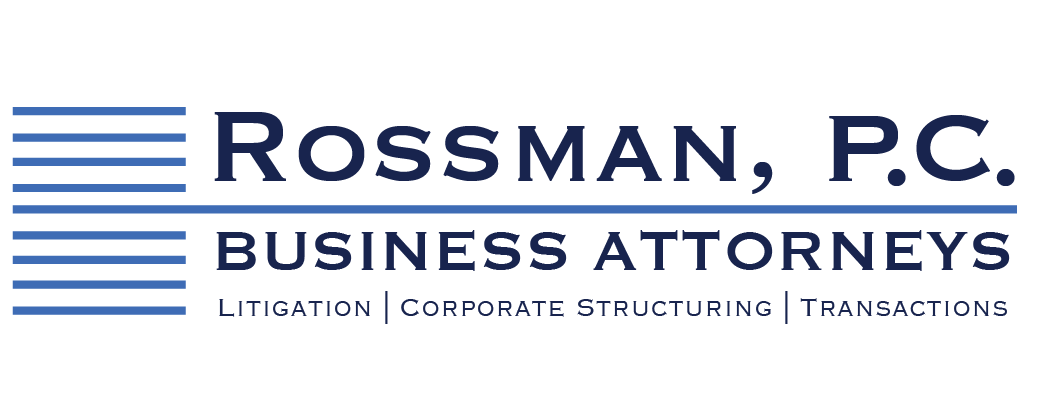Commercial Collections
The greatest recoveries in commercial judgment collections are achieved where the opening collection and seizure strikes are very fast and very aggressive and very unexpected, designed not only to seize and execute upon specific items of property – whether cash, accounts receivable, hard assets, property, etc. – but also, and just as importantly, to freeze the debtor by cutting off its cash flows, tying up its business and force it either to the negotiating table or into the bankruptcy court, where the creditor secures the very valuable assistance of a United States Trustee.
Over the last two decades, Mark has personally handled well over a hundred commercial collections matters, and, in doing so, he developed unique strategies and approaches that have resulted in millions of dollars in recoveries. Below are some collections strategies we utilize.
We immediately commence to “lock down” the debtor’s assets through the injunctions and prohibitions against transfer. We do this in two ways, one of which is immediate, and one of which requires additional time and possibly some discovery. First, we issue subpoenas for creditor examinations to both the debtor’s immediate agents, and also to various third parties whom we suspect might hold any of its assets. The subpoenas not only require these third parties to sit for depositions and produce documents but, importantly, under MCL 600.6119, the subpoenas allow us to impose an immediate prohibition on the transfer of assets. Essentially, it is an automatic injunction. As soon as the third parties are in receipt of the subpoena and prohibition notice, any subsequent transfer in violation thereof is punishable by contempt. This adds a ready-made enforcement mechanism at our disposal for the duration of the collection proceedings.
Next, we consider motions for a broader and more comprehensive injunction on any transfer of assets and possibly for the appointment of a receiver to take control of the company’s assets for the benefit of its creditors on the grounds that there is a strong incentive to defalcate monies (either by transfer, encumbrance, or distributions and expenditures outside of the usual course of business). In order to best understand the assets at issue for enjoining and seizing (and to convince a court to order such remedies), we utilize three primary sources of information and discovery: (1) private investigation; (2) third-party witnesses; and (3) the debtor’s agents and principal executives. We use this information not only to identify the assets that should be enjoined from transfer and seized but also to discern whether there have been fraudulent transfers, which would trigger liability as to other individuals or entities who received such assets.
We move very quickly and aggressively in the information-gathering and injunction-imposing phase of the collections, identifying and locking down the debtor’s assets, while assessing the feasibility of alternative approaches, such as forcing involuntary bankruptcy.
In addition, we record judgment liens in every county in which the debtor owns real property; issue garnishments to third parties, such as banks, business associates, and the IRS and Michigan Department of Treasury; and obtain a writ of execution against property of the debtor. With respect to a writ of execution, we work closely with court officers in locating and seizing assets.
We have a very sophisticated and highly developed system for commercial collections, which has resulted in millions of dollars in recovery for our clients.



